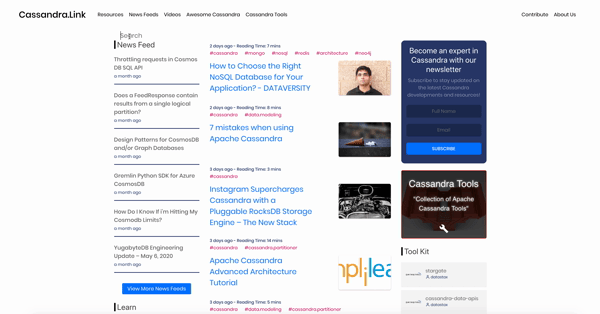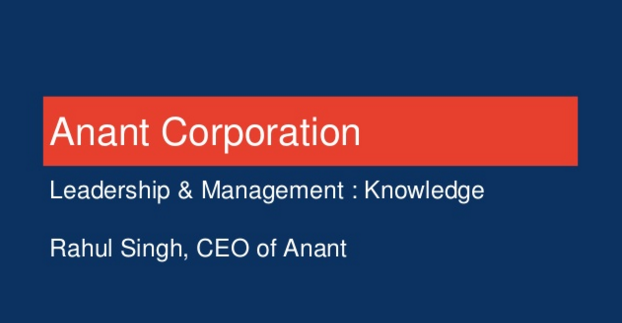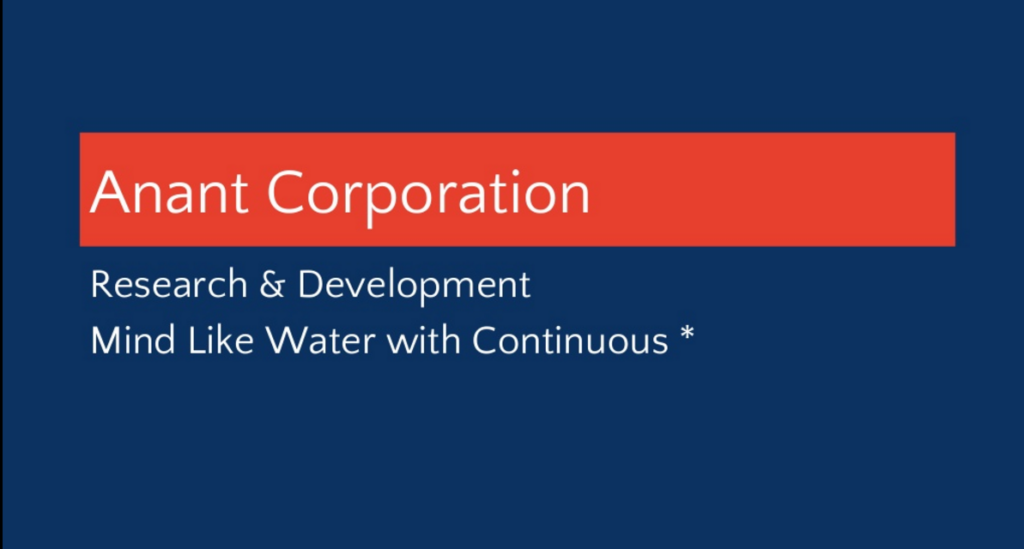In the year 2000, I was lucky enough to get flown to LinuxWorld for free. I was just learning open source development and the Linux Operating System. What I saw & learned at the conference as an 18 year old convinced me of two fundamental facts. (Read the full story to find out how I got there for free!)
1. Open source can thrive in the market place in the “Bazaar” model.
2. Open source can only thrive because community members contribute more to the community than just code.
Who knew that 20 years later, Linux would be such a popular tool? It doesn’t take much research to understand that Android, the most popular smartphone OS is based on Linux, and that most super computers and web servers use Linux. (Last I checked Windows and Mac OS still kill the desktop market)
Apache Cassandra has seen large corporations invest time , money, and resources to make their platforms work around the CQL platform. The fact that there are eleven different options for someone to start using Cassandra today is a bellwether of the long-lasting future of a truly amazing database & information transfer platform.
That is not enough. For Apache Cassandra to survive and thrive in the next 10-20 years we need different types of participants and contributors just like we need different types of people that build and manage platforms built on Apache Cassandra.
Though Apache Cassandra is itself no longer nascent, the community around it is. We found it puzzling that with so many people using Cassandra, there wasn’t a neutral community that focused on the basics of Apache Cassandra. There was a site … a long time ago, in a Galaxy far, far, away … called Planet Cassandra.

Since it was no longer there, we decided to invest some of our time and energy into building Cassandra.Link.
The best knowledge base to help platform leaders, architects, and engineers to learn to build scalable platforms on Apache Cassandra and related technologies.
Cassandra.Link Editorial Mission
We’re going to focus on publishing resources that fit specific audiences for what they need.

New practitioners and experts alike can go to cassandra.link to find resources from a highly curated database of links. We’re reviving the Use Case content from Planet Cassandra and then will continue adding to it as new platforms get built.

Practitioners that want to get their hands dirty and know what else they can use with Cassandra can go to cassandra.tools. They will find a curated set of tools / utilities and eventually SaaS, PaaS solutions that work with native Cassandra protocol.

Practitioners who want to connect with the larger community can go to cassandra.network, which right now is just focusing on Meetups, but will expand to events in general, and soon highlight organizers, committers, and experts who have made contributions to the knowledge over the last 10 years.

Practitioners who are looking for opportunities or Platform owners that want to hire / contract experts can go to cassandra.jobs. A place, with no bullshit opportunities for Cassandra operators, architects, developers. Everyone in the industry hates fake job postings and resume farms. (We’re still working on this one.)
We decided on doing different interfaces for different goals because that’s what good design is all about. You shouldn’t have to read a manual or figure out what a site is for. When people end up on these sites, they’ll get exactly what their looking for: resources, tools, people, and jobs. We hope that the focused offerings will make it more accessible for people to get used to and continue to come back and hopefully add their own knowledge to the public internet. If we’re wrong, we’ll learn from our mistakes and iterate.
Circling back to LinuxWorld 2000. You may wonder how a bunch of high-school kids from Northern Virginia and Suburban Maryland managed to paid flights and hotels for a conference across the country? The only reason a few of us, recent high-school graduates were there with the company executives, sales, and marketing teams was because were working on the “.org” or “open” version of their platform and the .org community site. Here I am 20 years later, working on an open source community. 🙂
Anant helps companies design, build, and manage modern business platforms. If you are interested to learn more about what we can do with Cassandra, you can find us on our weekly Apache Cassandra Lunch, or our upcoming Events.
If you want to hire us, we can do a complimentary road-map session to show you how to use technologies like Apache Cassandra in your current or next platform. If you want to work with us as a team member or a partner, we’d love to learn more about you. Reach out to solutions@anant.us




